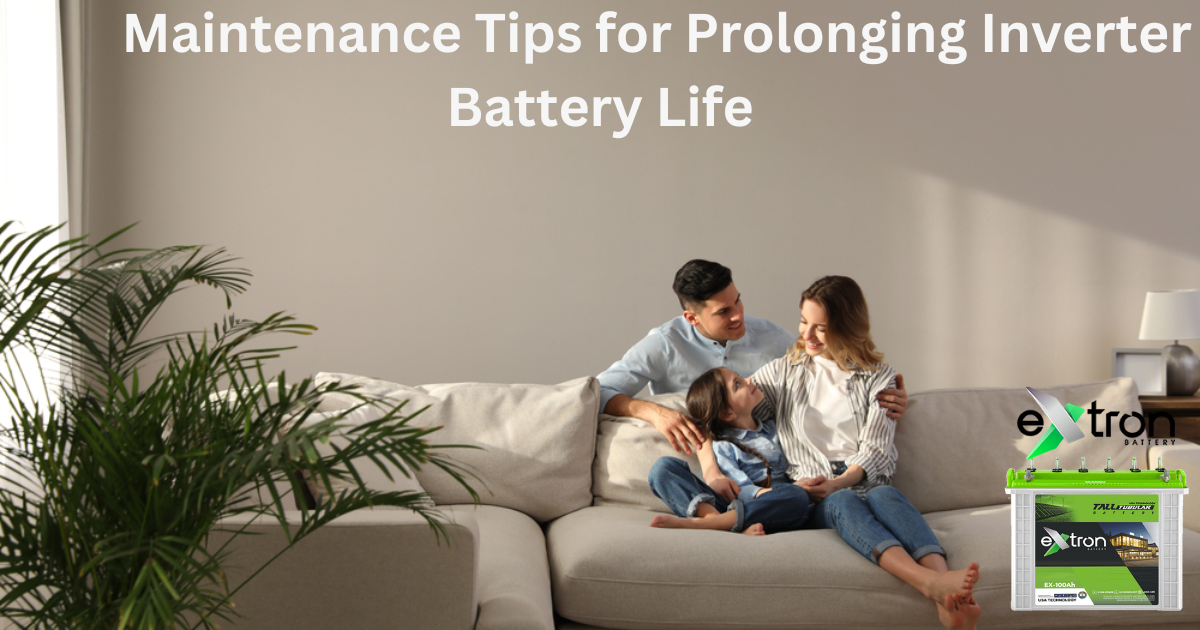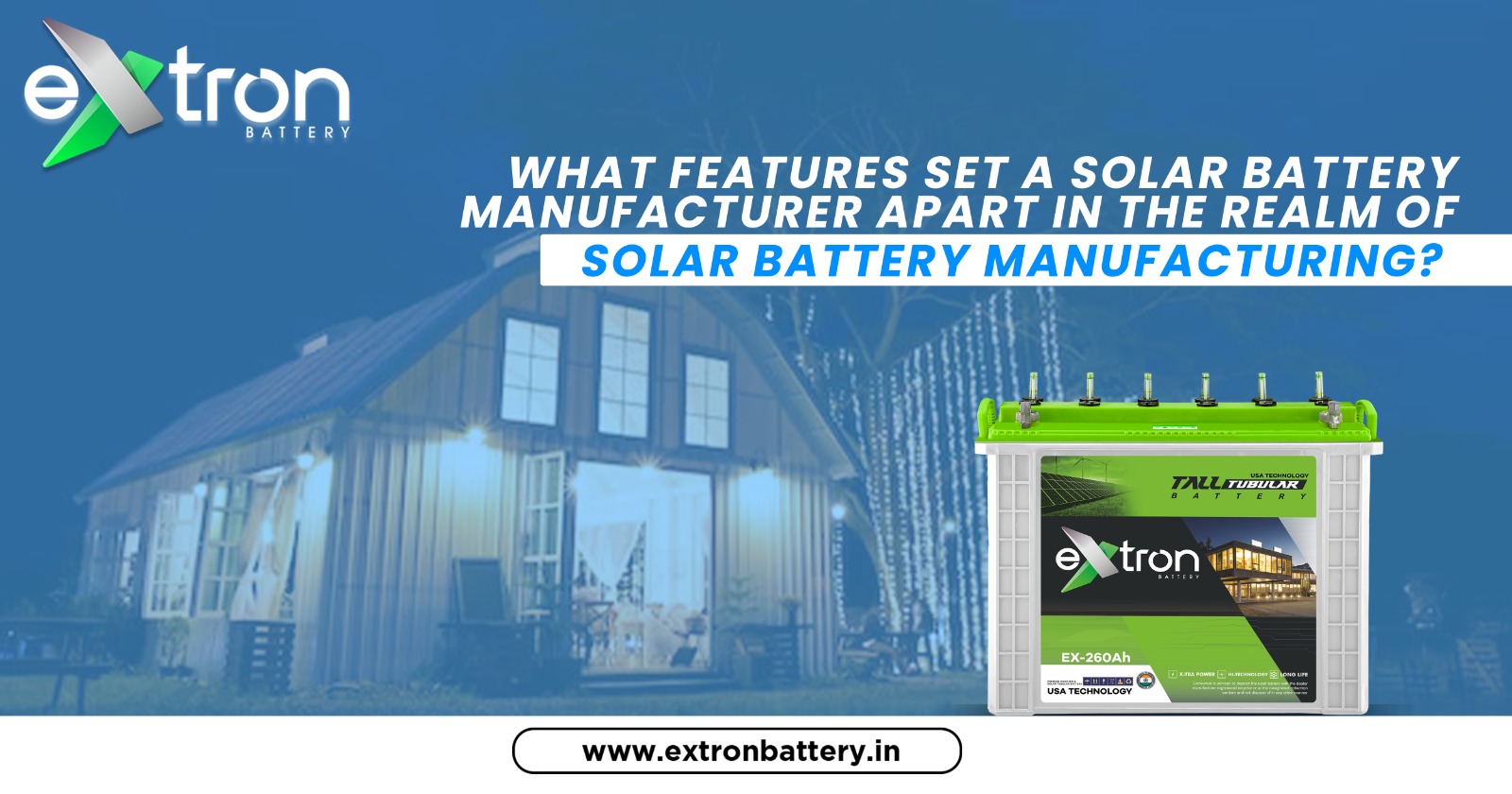Not all batteries are created equal. While traditional flooded batteries still have a role in the energy space, they fall short in areas that require consistent power, minimal maintenance, and adaptability to harsh conditions. Extron’s gel batteries for solar address all these pain points with advanced technology and intelligent engineering.
Gel batteries use a silica-based gel electrolyte that locks the acid in a stable form, making them spill-proof and highly resistant to vibrations and temperature extremes. What sets Extron apart is the use of tubular plate design, which increases surface area, improves energy efficiency, and dramatically extends battery life. This makes them ideal for solar applications where energy demand is continuous and maintenance access can be limited.
Built to Endure Harsh Environments
The Middle East and Nigeria present unique challenges when it comes to solar installations. From the intense desert heat of Saudi Arabia and the UAE to the high humidity and power instability of sub-Saharan Africa, solar batteries in these regions must endure a wide range of environmental stressors.
Extron’s gel batteries for solar are designed with these factors in mind. They are engineered to deliver reliable energy output even under intense heat, frequent deep discharges, and inconsistent charging conditions. Whether installed in rooftop solar arrays in Abu Dhabi or off-grid systems in rural Nigeria, these batteries have proven their worth by maintaining performance and reducing downtime.
Their ability to recover from deep discharge, resist sulfation, and operate without the need for frequent maintenance makes them the go-to solution for solar integrators and project developers.
Seamless Export and Logistics Support
Extron isn’t just focused on building great batteries—we’re committed to making our products accessible and hassle-free for global partners. With an efficient export network, strategic warehousing, and a knowledgeable support team, we ensure that distributors and solar companies in Nigeria and the Middle East receive their shipments on time and with full technical backing.
Our batteries meet international quality and safety certifications, which allows our clients to integrate them into government, commercial, and residential projects with full confidence. As demand for renewable energy grows in these regions, Extron is ready to scale and support solar expansion across borders.
Wide Applications and Tangible Results
Our gel batteries for solar are not limited to one type of application. From powering street lighting, water pumps, and home inverters to supporting telecom towers and emergency response units, Extron’s batteries have a wide reach.
One of our standout features is the long service life and minimal replacement cycle—helping customers reduce total cost of ownership. In projects across Nigeria’s urban zones and the remote villages of Oman, our batteries have consistently delivered on expectations.
Conclusion: Solar’s Reliable Partner
As solar energy continues to grow as a primary energy source in emerging markets, battery storage becomes the key to unlocking its full potential. Extron’s gel batteries for solar are not just components—they’re enablers of change. They are reliable, rugged, and ready to perform in the most demanding environments.
If you are looking to upgrade your solar energy storage or expand your project portfolio in the Middle East or Nigeria, partner with Extron. Our export-ready solutions and customer-first approach make us your ideal ally in powering progress—sunrise to sunset and beyond.






